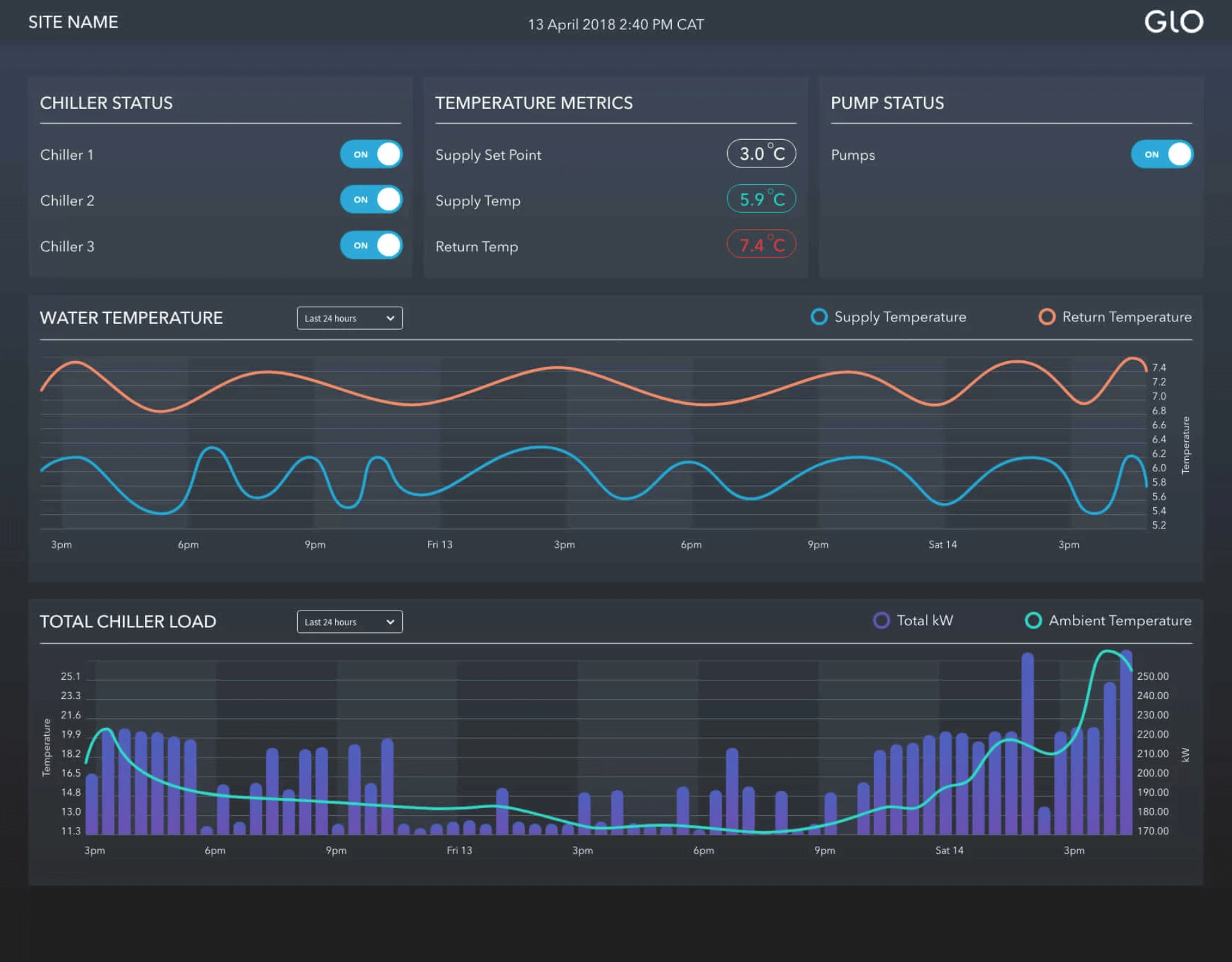The cost of energy is putting South African businesses under pressure like never before. Not only has the worsening economy weakened companies’ trade activity, but the significant increases in energy tariffs annually are steadily wearing away at profit margins too. With many companies actively battling to keep their expenditure down, there are at least some practical measures that business leaders can take to meaningfully reduce their energy costs – without risking their capital.
This is the view of Tygue Theron, Head of Business Development at Energy Partners Sustainability – a division of Energy Partners and part of the PSG group of companies who says that the cost of putting an energy savings data-centric strategy in place, is often the biggest factor preventing companies from reducing their monthly electricity spend. “This makes sense, since a strained economy forces companies to weigh their risks much more carefully and a business won’t risk its capital on new energy strategies if they aren’t sure of its success. However, this still leaves them with rising energy costs and no plan to curb spending.”
Theron argues that the most important way to ensure the success of any energy savings strategy is to have accurate data. “We work with a number of clients on their energy strategies, and the first thing that we always do is to gather as much data on the business as we can.”
Some of the first things that one can learn, according to Theron, is where the simplest energy-centric improvements can be made. “Simple factors like lights staying on in buildings after the end of the business day, as well as other issues linked to a company’s energy consumption and its production can all be identified early on, given the right data. All of these small factors often add up to a substantial cost of energy and, cutting on those unnecessary expenditures, usually nets you your first notable savings.”
He points to case studies where companies’ central heating, ventilation and aircon systems remained on every single weekend. “Systems like that account for half of many companies’ energy spend and they leave it running for two full extra days each week. For one client in particular, we were able to reduce their annual energy bill by around R600 000 just by switching the system off on Saturdays and Sundays. This shows that even with zero expenditure on new projects, you can already make a substantial dent in your bill simply by changing your energy behaviour.”
Another factor to consider is making sure your business is on the correct municipal tariff, which also has huge potential to make a difference. “It is a few months’ paperwork that pays off in the end.”
He explains that after this step is done, a business can start to look at metering solutions and observe its energy use in more detail. “If you have a company that racks up a R10 million energy bill in a year, for example, these first few steps alone could save you upwards of R100 000 in expenditure within just a few months. From there, you can then free up capital, spend more and take bigger leaps in your energy strategy.”
Still, he reiterates that this energy savings journey starts with collecting reliable data. “The best course of action is to partner with a capable service provider who knows which data to collect, how to interpret it and make the right recommendations based on a company’s specific industry in which it operates, as well as its operational footprint. With a partner like that, your energy savings strategy can start paying for itself sooner than you think,” Theron concludes.





